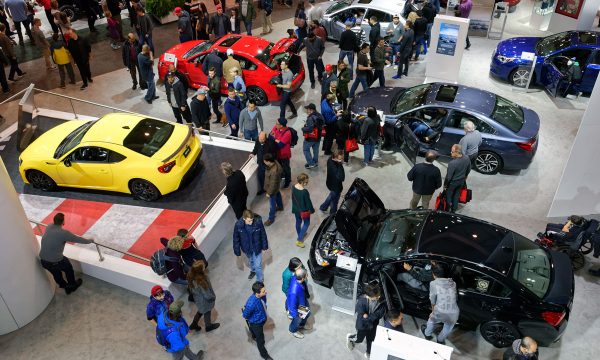 A change in regulations in British Columbia paved the way for multi-unit residential buildings and commercial charging networks in the province to earn carbon credits, helping them offset the cost of installing and operating electric vehicle charging equipment.
A change in regulations in British Columbia paved the way for multi-unit residential buildings and commercial charging networks in the province to earn carbon credits, helping them offset the cost of installing and operating electric vehicle charging equipment.
According to the Vancouver Electric Vehicle Association (VEVA), retrofit costs for the installation of EV charges is pricey, preventing a number of condo councils and rental building landlords from making the upgrades—even with government funding available through CleanBC.
“The ability to earn carbon credits on every kilowatt-hour of energy delivered to electric vehicles can help offset the costs of electricity and recover the upfront costs of installation,” said VEVA in a news release.
With the new regulatory change, VEVA said commercial EV charging network operators such as ChargePoint, Flo, and Petro Canada can also earn credits. This, they said, can help boost the availability of public EV charging locations.
“For eligible participants, earning carbon credits at the current market rates will flip the financial decision from long term cost recovery to short term cost recovery and financial opportunity” said John Stonier, President of VEVA.
He adds that there are a number of reasons for condo owners and landlords to install EV chargers, and that on-going cash flow from carbon credits will allow more multi-unit-residential buildings to include EV charging.
“EV adoption is the quickest way to cut fossil fuel consumption quickly and permanently and helps to address the climate emergency,” said Stonier.
VEVA ran a webinar on this topic on January 18, and published its presentation online. Michael Rensing, Director of Low Carbon Fuels Electricity and Alternative Energy Division for the BC Ministry of Energy, Mines and Low Carbon Innovation, led the presentation.










